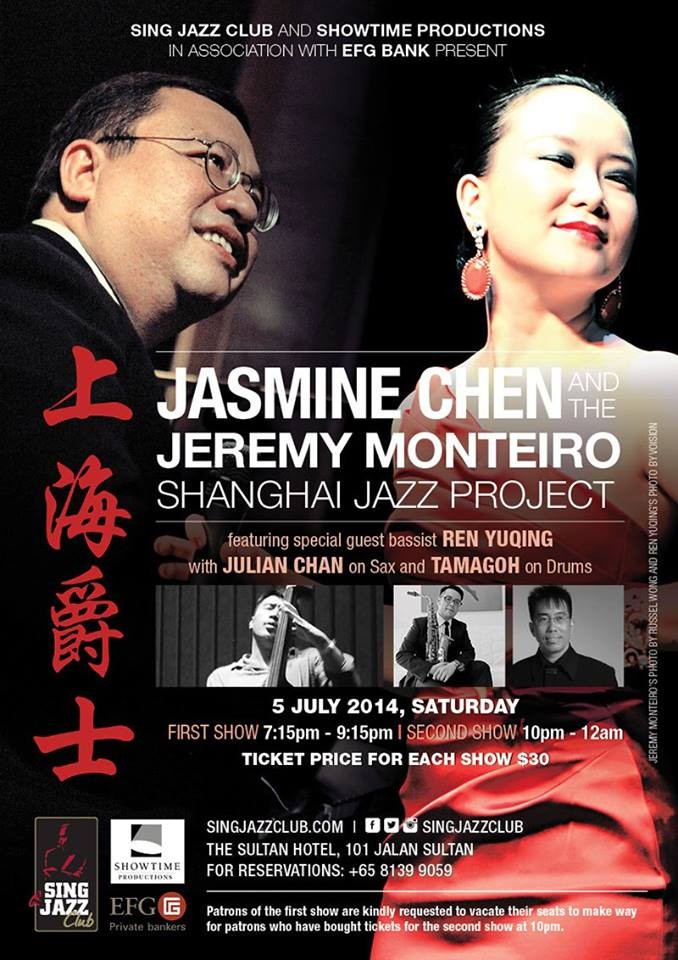Blue Note, the famed New York City jazz club, has announced plans to open a jazz venue at the basement of the old American Embassy in Beijing, prompting many to ask if jazz can thrive in China.
"China is an emerging market for live Western music," said Steven Bensusan, president of Blue Note Entertainment Group, to The New York Times. "We'll be on the forefront of helping build that music."
Aside from the Beijing club, Blue Note also plans to open venues in Shanghai and Taipei in the near future.
Critics question whether Blue Note's efforts can make the once-banned genre popular or if the venue will simply act as a commune for Chinese elite who have the Western cultural background to appreciate jazz.
During the Chinese Communist Revolution and the subsequent Cultural Revolution, jazz, with its value of free expression, was branded as "yellow music," similar to the popular music being produced in Shanghai. The status of "yellow music" to Chinese censors at the time was similar to pornography.
On the other hand, the impending arrival of Blue Note in Beijing may be viewed as a continuation of cultural trends in the mainland. After the Cultural Revolution, Western music began entering China, with many youth getting into pop and rock music.
Currently, Beijing's jazz scene is known as a tight-knit community that started in the 1990s, with most jazz musicians playing rock and pop gigs in order to make a living.
In contrast, Shanghai, with its considerably more cosmopolitan culture, has jazz musicians regularly featured in clubs and hotel lounges. Shanghai is also home to Ren Yuqing, a jazz bassist who opened the JZ Club, created the JZ Music Festival and established the JZ School.
The rise of jazz in China has also been attributed to a rising middle class, allowing more musicians to travel abroad and hone their craft. Others can also learn jazz by going online.
But some doubt whether jazz has a future in China as music for the masses.
According to reeds player Dave Liebman, who just returned from a Chinese tour, Blue Note Beijing will most likely "be a commercial operation tied to the upper class. They are people with money who can afford to see one second of Herbie Hancock and drop $150 for dinner. Patrons will probably not be the more adventurous listeners."
Others are more optimistic. Le Zhang, a Shanghai-born jazz singer living in Brooklyn, said that "I am very excited about the news, since this will bring great opportunities for all jazz musicians."
Zhang said that Shanghai might have been a more logical choice to place Blue Note's first Chinese venue, but he has high hopes.
Meanwhile, jazz is seen as a dying genre in the U.S., with only 1.4 percent of music sales going to jazz albums. However, there is still the advantage of institutional support, such as several jazz centers in American colleges, that is all but absent in China.



























